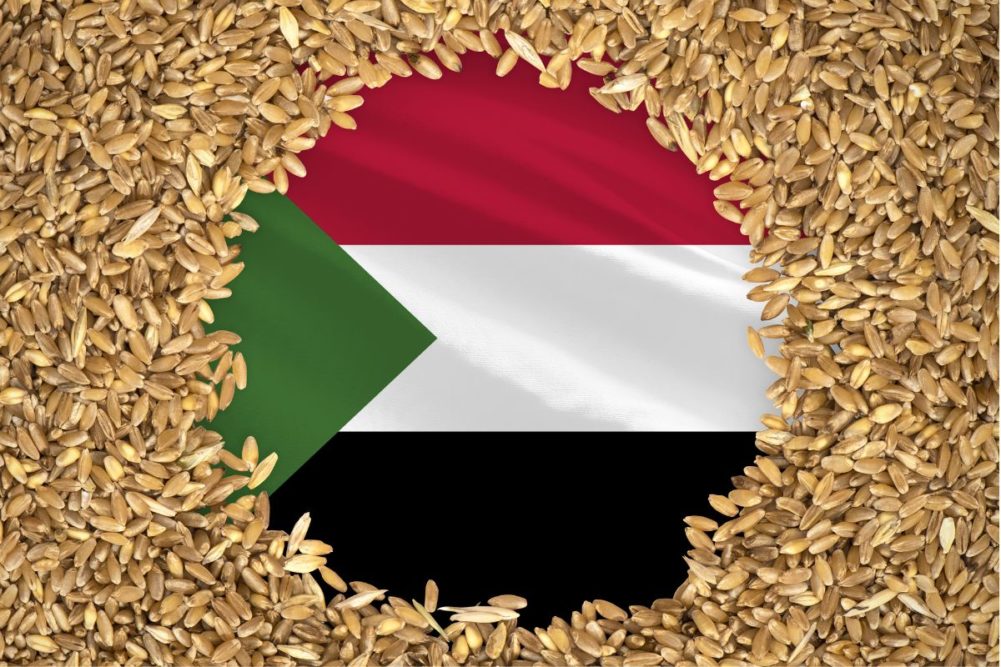KHARTOUM, SUDAN — A project to grow smallholder wheat production and food security through the Sudan Emergency Wheat Production Project will receive $73.81 million in funding that was approved Dec. 9 by the African Development Bank board of directors.
The funds, which come from the bank’s African Emergency Food Production Facility, will help procure at large scale and deliver certified seeds of climate-adapted varieties, fertilizers and extension services for smallholder farmers. The United Nations World Food Programme in Sudan will implement the project.
The project is expected to more than double Sudan’s annual wheat production to 1.52 million tonnes from 630,000 tonnes in two years. Some 400,000 smallholder farming households, 40% of them women, are expected to benefit from the effort. Nearly 800,000 casual workers also will benefit along the wheat, seed and fertilizer value chains.
“Sudan, with the largest irrigated area in sub-Saharan Africa, has enormous potential not only to become self-sufficient in wheat, but also to become an exporter,” said Nnenna Nwabufo, director general for East Africa at the bank.
Agriculture accounts for 60% of Sudan’s total national exports, generates a third of its gross domestic product and employs more than half of the country’s workforce. Sudan, the third largest country by land area with a population of nearly 45 million, long has suffered from extreme food insecurity due to multiple factors, including economic decline and hyperinflation, conflict-induced population displacement and poor agricultural harvests.
The project targets small-scale farmers, seasonal workers, seed producers and agricultural traders in Sudan’s main wheat-growing regions, such as Al-Jazira, New Halfa, Upper Nile, and White Nile, which have large, irrigated areas and are more resilient to climate change.
The bank launched the $1.5 billion African Emergency Food Facility in May to help African countries avert an imminent food crisis due to the disruption of food supplies resulting from the war that has followed Russia’s invasion of Ukraine on Feb. 24. The bank currently has 19 operations in Sudan, with a total commitment of $486.2 million. The agriculture sector is the largest beneficiary, with $272.3 million in investments (56% of the portfolio).




